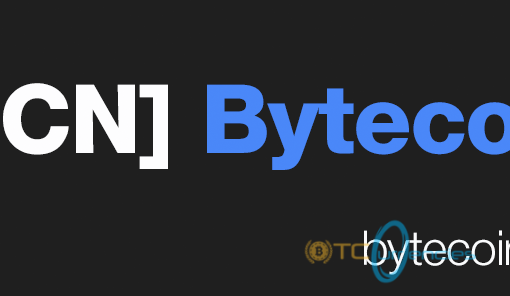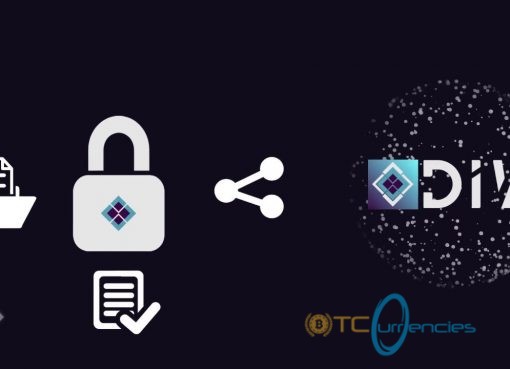South Korean financial authorities are planning to officially allow ICOs (Initial Coin Offerings) through new legislation, the Korean Times has reported. This effort is geared towards making the Republic appear more welcoming to investors and the entire financial technology community.
The regional news source last week quoted an anonymous source to have said that “financial authorities have held talks with the country’s justice ministry, tax agency, among other relevant government bodies about allowing ICOs in the country after some specific conditions are met.”
Initial Coin Offerings have increasingly become a popular way of financing projects and unlike initial public offerings; they are usually much less expensive and cumbersome. However, these days, ICOs are also coming under strict scrutiny across the globe due to such incidences as investors being conned of millions of dollars.
The FSC (Financial Services Commission) is South Korea’s top financial regulatory body that directs the Republic’s Financial Supervisory Services, FSS. Kang Young-Soo, the commission’s cryptocurrency regulator, is, however, yet to publicly commit to the liberalization of ICOs. He recently told the National Assembly that, “Many are speculating about the chances of allowing Initial Coin Offerings. The Financial Services Commission is acknowledging a third party view on this matter, but at the moment, there is nothing we can officially say. Yes, we must have plans regarding how to advance the blockchain-related technology and regulate crypto-trading effectively. This is an entirely separate issue.”
The Korean Times still reports that “The South Korean financial authorities have plans underway to formally allow ICOs, which are digital token-based fundraising means for local investors to advance the blockchain-based technologies, sources privy to the issue have revealed.” The Republic’s regulators declared outright bans on ICOs for the residents, so if these new plans go through, it is going to be a crucial turnaround for the already crypto-crazed country.
The Times goes on to reveal that perhaps tellingly, “nevertheless, the government is yet to implement Initial Coin Offerings rules and it has not forced firms to return ICO monies. The administration also continues to allow domestic investors to put funds into crypto exchanges in business within the country and into foreign ICOs.” South Korea plays a significantly huge role in the general fiscal health of crypto markets, and also contributes a lot in determining the general sentiments and the prices of coins.
Another source that asked for anonymity is quoted to have said that, “Various situations like the imposition of capital gains tax, value-added tax or both, collection of corporate taxes from local crypto exchanges, and the introduction of licensed and authorized crypto exchanges are being discussed as well.” The source added that transparency between banks and ministries will allow better monitoring of capital.
Business-oriented nations like South Korea often understand that outright prohibitions and bans on mechanisms like ICOs mean that capital and startups will move to newer friendlier climes, and therefore, starve the nation (and even the region) of the badly needed growth. Now more politicians are increasingly trying to consider embracing innovation through folding them into the existing regulatory structures.




